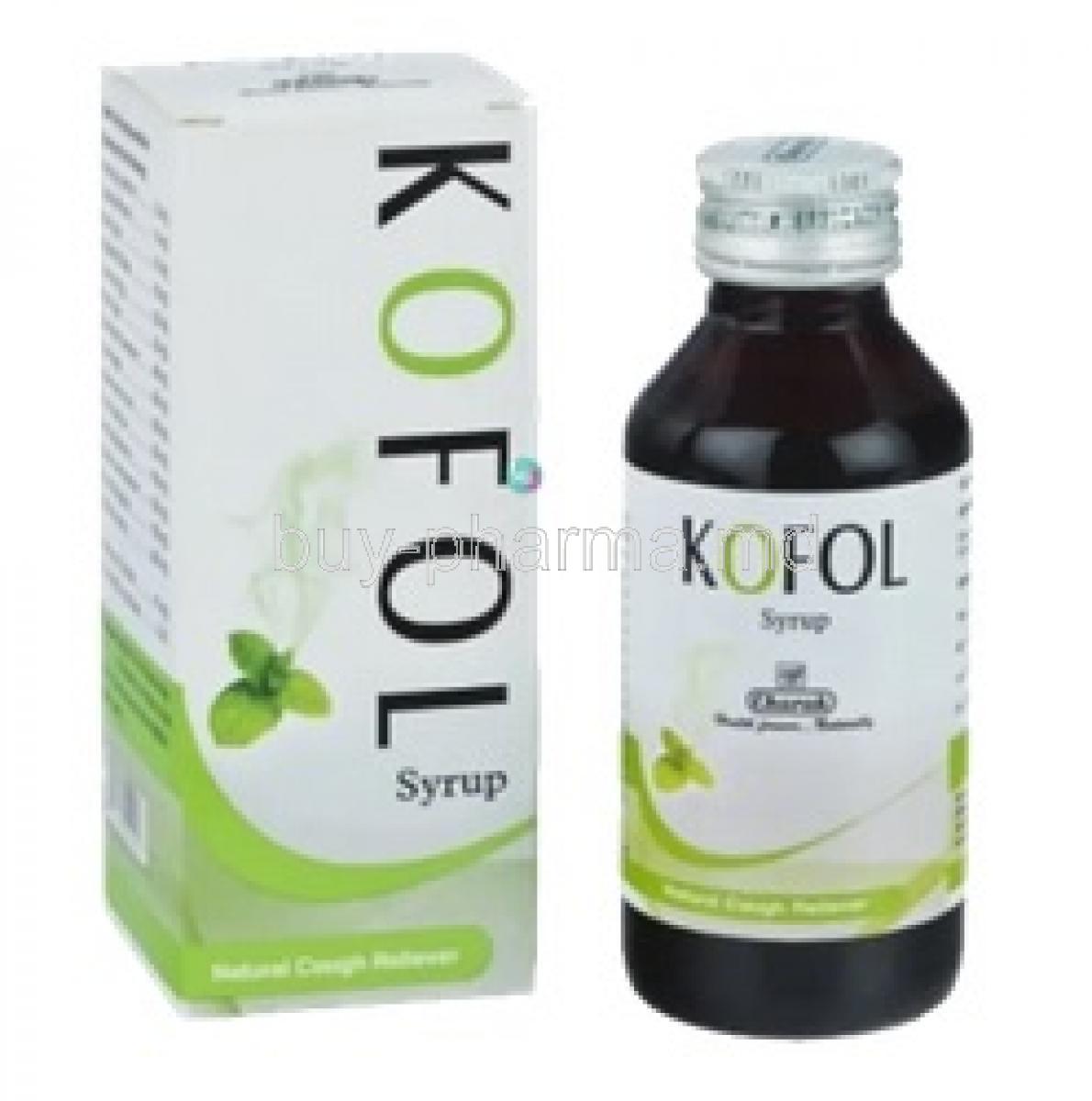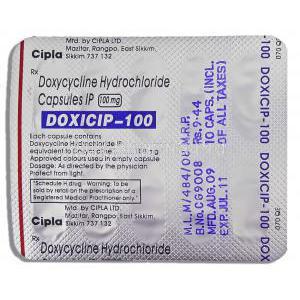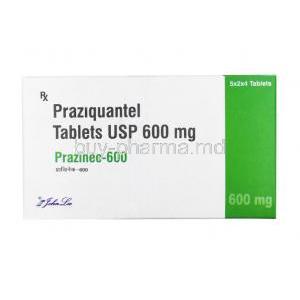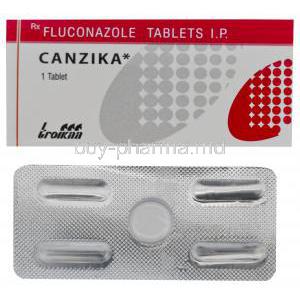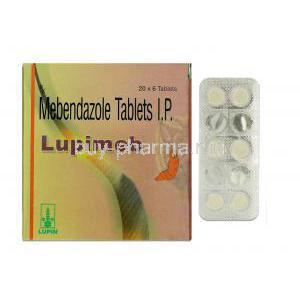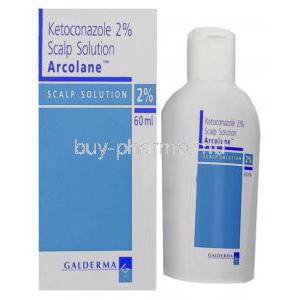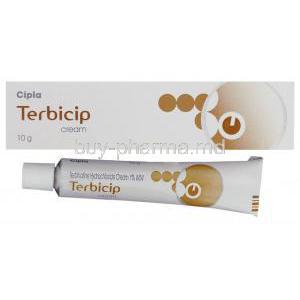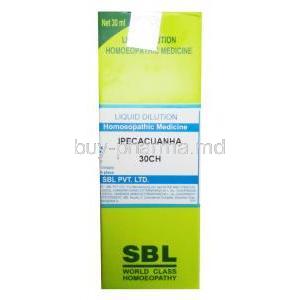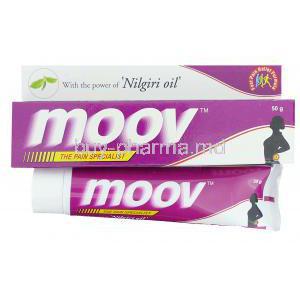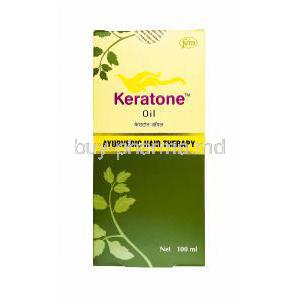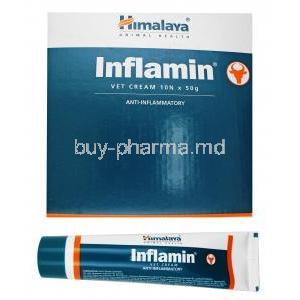Kofol Syrup
- 1. Introduction to Kofol Syrup
- 2. Kofol ingredients
- 3. Kofol syrup uses
- 4. Off-Label and Traditional Uses of Kofol Syrup
- 5. Mechanism of Action: How Kofol Syrup Works
- 6. Recommended Dosage and Method of Administration
- 7. Storage and Shelf Life Information
- 8. Kofol cough syrup side effects
- 9. Common and Mild Side Effects in Regular Users
- 10. Drug, Herb, and Dietary Interactions
- 11. Contraindications for Using Kofol Syrup
- 12. Warnings and General Safety Precautions
- 13. Careful Administration in Specific Medical Conditions
- 14. Use in Pregnant Women and Nursing Mothers
- 15. Pediatric Use and Administration Guidelines
- 16. Use in Elderly Patients
- 17. Overdose and Emergency Management
- 18. Handling Instructions and Precautions During Use
1. Introduction to Kofol Syrup
Kofol Syrup is a widely used polyherbal formulation crafted to provide relief from various forms of cough. Rooted in Ayurvedic traditions, it harmonizes a selection of botanicals known for their expectorant, soothing, and anti-inflammatory effects. Designed as a non-sedating cough remedy, it offers an alternative to synthetic antitussives for those seeking a natural route to respiratory wellness.
This syrup is available as an over-the-counter remedy and is commonly found in pharmacies and Ayurvedic dispensaries. Its growing popularity stems from its dual function relieving dry and productive coughs while supporting mucosal healing.
2. Kofol ingredients
Kofol Syrup features a synergistic blend of time-honored herbs, including:
- Yashtimadhu (Glycyrrhiza glabra): possesses demulcent and anti-inflammatory properties that help soothe the throat lining
- Tulsi (Ocimum sanctum): known for its antimicrobial and adaptogenic qualities, it supports immune function
- Turmeric (Curcuma longa): offers antioxidant protection and reduces inflammatory cascades in the respiratory tract
- Vasaka (Adhatoda vasica): acts as a bronchodilator and natural mucolytic agent
- Pippali (Piper longum): facilitates bioavailability of other herbs and aids expectoration
These herbs act collectively to relieve irritation, ease cough reflex, and enhance mucus clearance without causing drowsiness or habit formation.
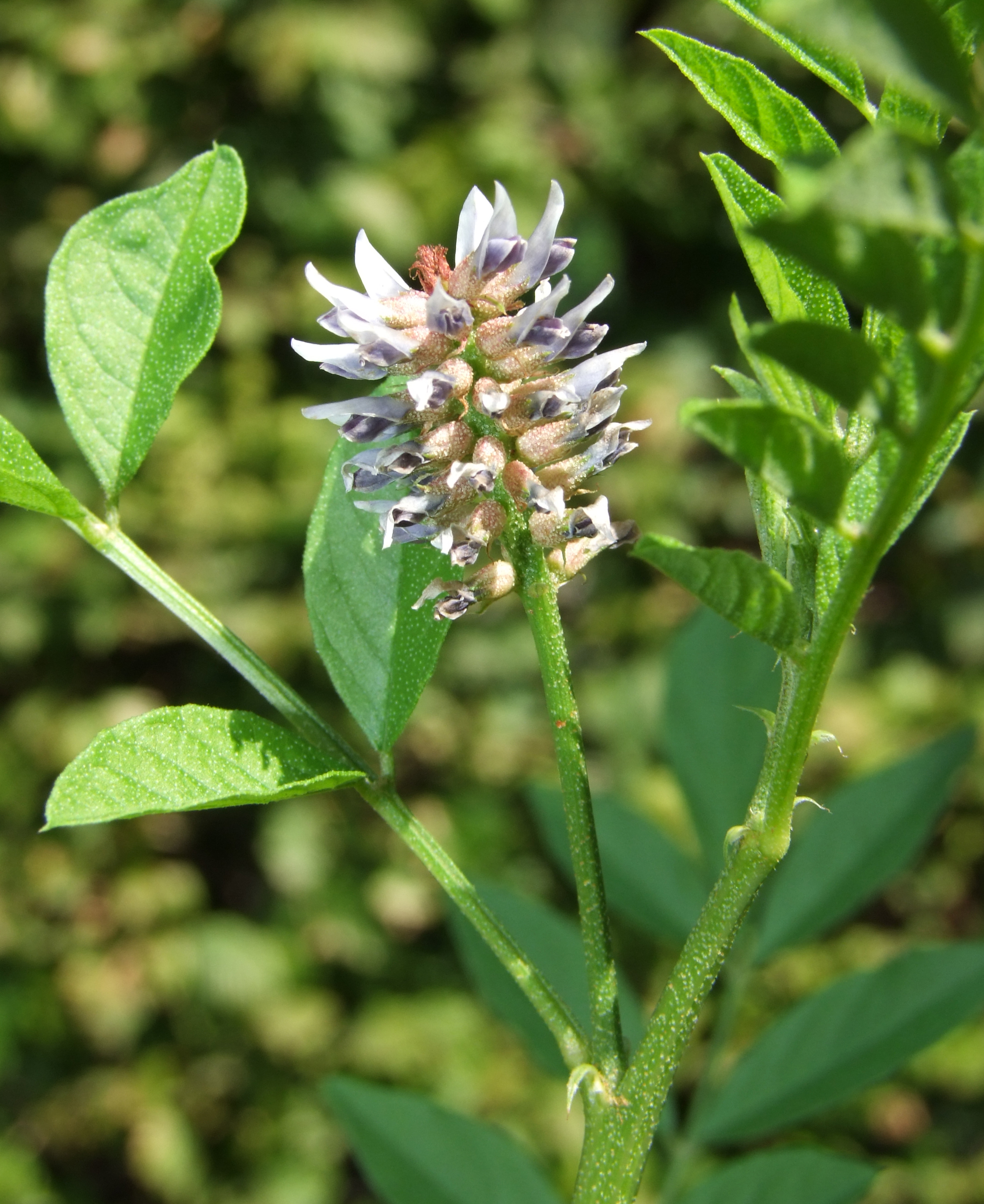
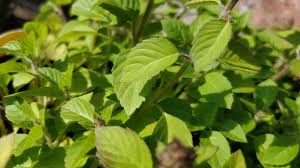
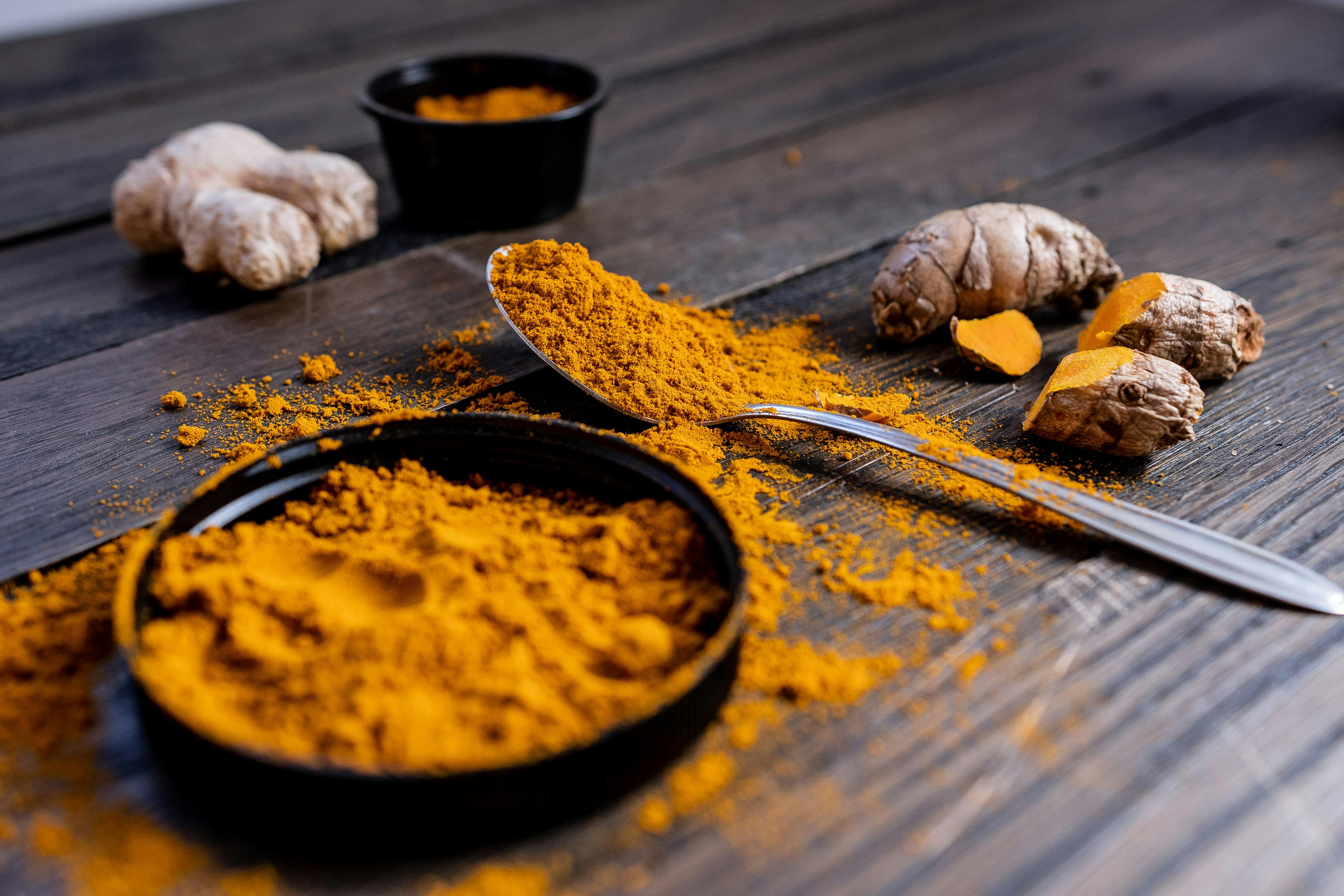


3. Kofol syrup uses
- Kofol syrup for dry cough by promoting mucus clearance and soothing inflamed tissues
- Reduces throat irritation and soreness, especially in cases of overuse or vocal strain
- Functions as an adjuvant in upper respiratory tract infections (URTI), complementing conventional therapies
- Provides support in allergic rhinitis and mild bronchial congestion caused by environmental triggers

4. Off-Label and Traditional Uses of Kofol Syrup
In addition to its primary indications, Kofol Syrup is utilized in a variety of traditional contexts:
- Throat tonic for speakers and singers to prevent hoarseness and maintain vocal clarity
- Helps alleviate smokers cough and respiratory symptoms associated with prolonged pollution exposure
- Used during the onset of seasonal colds and allergies to ease initial symptoms and reduce cough intensity
- Provides comfort in early viral pharyngitis, supporting mucosal immunity and reducing discomfort

5. Mechanism of Action: How Kofol Syrup Works
The efficacy of Kofol Syrup lies in its multipronged mechanism:
- Anti-inflammatory synergy among herbal components reduces bronchial inflammation and eases irritation
- Expectorant properties facilitate liquefaction and expulsion of mucus from the respiratory tract
- Antiallergic action helps reduce histamine-mediated symptoms such as sneezing and nasal congestion
- Antioxidant constituents combat oxidative stress, supporting immune defense in the respiratory mucosa
6. Recommended Dosage and Method of Administration
- Adults: 10 mL two to three times daily, preferably after meals
- Children (5-12 years): 5 mL two to three times daily, under adult supervision
- Children (below 5 years): Use only under medical advice
Shake well before use. For optimal absorption, avoid eating or drinking for 10-15 minutes post-administration. Duration of therapy typically ranges from 5 to 7 days, or as prescribed.
7. Storage and Shelf Life Information
- Store at a temperature not exceeding 25°C in a cool, dry place
- Protect from direct sunlight and moisture
- Keep the cap tightly closed after each use
- Check the label for expiry date; discard if syrup appears cloudy or emits an unusual odor
8. Kofol cough syrup side effects
Though generally well tolerated, certain individuals may experience adverse effects such as:
- Allergic reactions including itching, rashes, or swelling, especially in individuals sensitive to herbal products
- Digestive symptoms like bloating, nausea, or a bitter aftertaste
- Dermal hypersensitivity presenting as redness or localized itching following long-term use
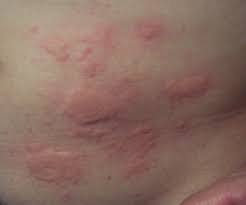
9. Common and Mild Side Effects in Regular Users
Some users may experience temporary or mild symptoms that typically resolve without intervention:
- Dryness or tingling in the throat shortly after use
- Mild stomach discomfort when taken on an empty stomach
- Rare sedative-like effects due to certain herbs like liquorice or pippali in sensitive individuals

10. Drug, Herb, and Dietary Interactions
- May interact with conventional antitussives or antihistamines, leading to potentiation or diminished effect
- Corticosteroids and antibiotics may exhibit altered bioavailability when used concurrently
- Caution is advised when used with other herbal immunomodulators or adaptogens
- Alcohol or sedative herbs may enhance drowsiness in rare cases, warranting careful monitoring
11. Contraindications for Using Kofol Syrup
Kofol Syrup, despite its herbal origin, is not universally suitable for all individuals. Certain health conditions and sensitivities necessitate its avoidance to prevent complications:
- Hypersensitivity: Contraindicated in individuals with known allergies to any of the herbal components, such as tulsi, licorice, or vasaka.
- Hepatic or renal impairment: Should not be used by patients with chronic liver or kidney disease, as metabolic clearance of herbal extracts may be compromised.
- Gastrointestinal ulcers: The presence of glycyrrhizin from liquorice may exacerbate ulcers or mucosal erosion.
- Anticoagulant therapy: Potential interaction with blood-thinning medications may increase bleeding risk.

12. Warnings and General Safety Precautions
Although Kofol Syrup is plant-based, its pharmacological effects warrant caution in prolonged or unsupervised use:
- Not recommended for long-term or habitual administration without the supervision of a healthcare provider.
- Persistent cough may be a symptom of a deeper pathology such as asthma, tuberculosis, or GERD requiring diagnostic evaluation before initiating herbal treatment.
- Self-medication in chronic bronchitis or respiratory symptoms of unknown origin may delay accurate diagnosis and appropriate care.
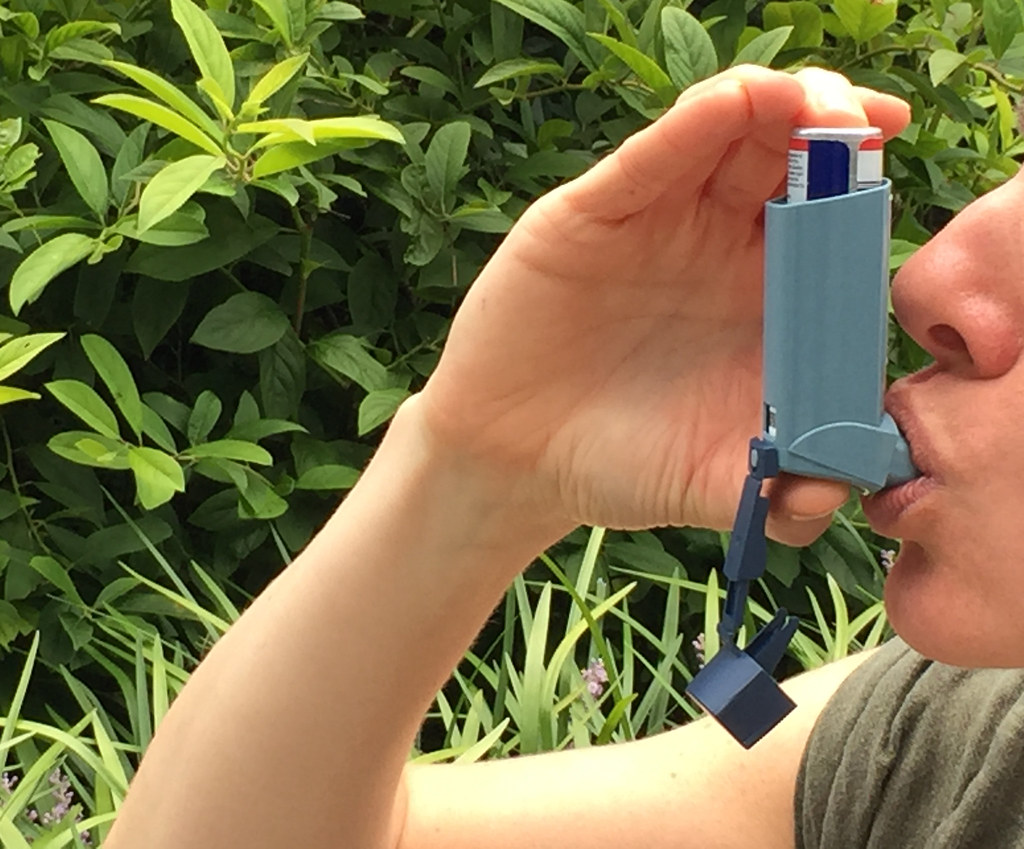
13. Careful Administration in Specific Medical Conditions
Special populations and patients with chronic conditions should use Kofol Syrup judiciously:
- Hypertension: Glycyrrhizin from liquorice may cause sodium retention and elevate blood pressure, requiring periodic monitoring.
- Asthma or chronic respiratory disorders: The formulation may not provide sufficient bronchodilation and could obscure warning signs of exacerbation.
- Autoimmune diseases or immunosuppressive therapy: Herbal immunomodulators may interfere with immunosuppressant medications or alter disease course.
14. Use in Pregnant Women and Nursing Mothers
Due to limited safety data, the use of Kofol Syrup during pregnancy and lactation should be approached with heightened scrutiny:
- Herbal components with uterine stimulant activity may pose a risk of premature contractions or miscarriage.
- Lack of robust clinical trials in pregnant or breastfeeding populations precludes routine use.
- Should be avoided unless specifically advised by an Ayurvedic or medical professional.
- Potential excretion of active herbal compounds into breastmilk may affect the infant's gut microbiota or cause hypersensitivity reactions.

15. Pediatric Use and Administration Guidelines
When used in children, age-appropriate dosing and clinical vigilance are essential:
- Children under 5 years: Use only under pediatric guidance due to immature liver enzyme systems and increased sensitivity to bioactives.
- Dose titration: Should be carefully calculated based on body weight, age, and symptom severity.
- Adverse effects: Monitoring for sedation, gastrointestinal symptoms, or allergic reactions is advised, especially during the first few doses.
- School-aged children: May benefit from Kofol Syrup during episodes of recurrent URTIs but should not replace medical treatment for bacterial infections.
16. Use in Elderly Patients
In the geriatric population, physiological changes and comorbidities warrant individualized care when prescribing Kofol Syrup:
- Dosage modification: Often necessary due to slower hepatic and renal clearance, reducing the risk of accumulation.
- Polypharmacy concerns: Potential for herb-drug interactions, particularly with antihypertensives, diuretics, and anticoagulants.
- Increased sensitivity: Older adults may exhibit heightened responses or intolerance to certain herbal constituents.
17. Overdose and Emergency Management
Accidental or intentional overdose, though uncommon, may lead to acute symptoms requiring prompt intervention:
- Clinical signs: Nausea, vomiting, dizziness, abdominal discomfort, or hypersensitivity reactions may signal overdose.
- Initial response: Discontinue use immediately, administer fluids, and monitor vital signs.
- Medical assistance: Seek emergency care if symptoms escalate or do not resolve within a short period.
- Management: Supportive therapy, gastric lavage, and antihistamines may be indicated based on severity.
18. Handling Instructions and Precautions During Use
Proper handling of Kofol Syrup ensures safety, efficacy, and prevention of contamination:
- Dosage hygiene: Always use the provided measuring cap or a sterile spoon to ensure accurate dosing.
- Child safety: Store in a location inaccessible to children to prevent accidental ingestion.
- Container integrity: Do not decant into other bottles, as this may compromise sterility and stability.
- Post-use care: Secure cap tightly after every use and wipe any spillage to avoid sticky residue and microbial growth.
Kofol Syrup FAQ
What is Kofol syrup used for?
When dealing with a cough, one can opt to use Kofol syrup for comfort and relief. This particular syrup is crafted from a blend of healing herbs with anti-inflammatory properties that work effectively to soothe the irritation in the respiratory passage.
Does kofol make you sleepy?
No
What is the best time to take cough syrup?
Take this medicine every 4 hours as prescribed by your doctor. You can take it with or without food.
What are the side effects of Kofol?
Excessive use could lead to stomach trouble.
What age can you take Kofol syrup?
All age groups
What are the benefits of Kofol syrup?
You can use Kofol syrup to ease a cough.
What is the composition of Kofol syrup?
Herbs such as shunthiwala ghana and tulsi are known for their anti-inflammatory effects.
Who is the manufacturer of Kofol?
Charak Pharma Pvt Ltd

